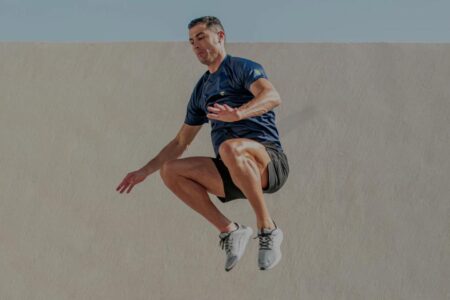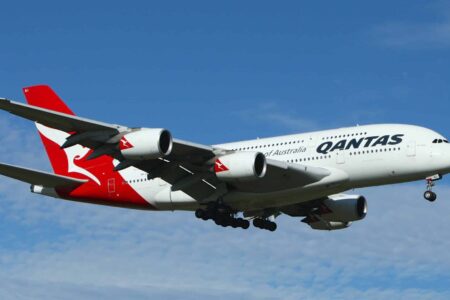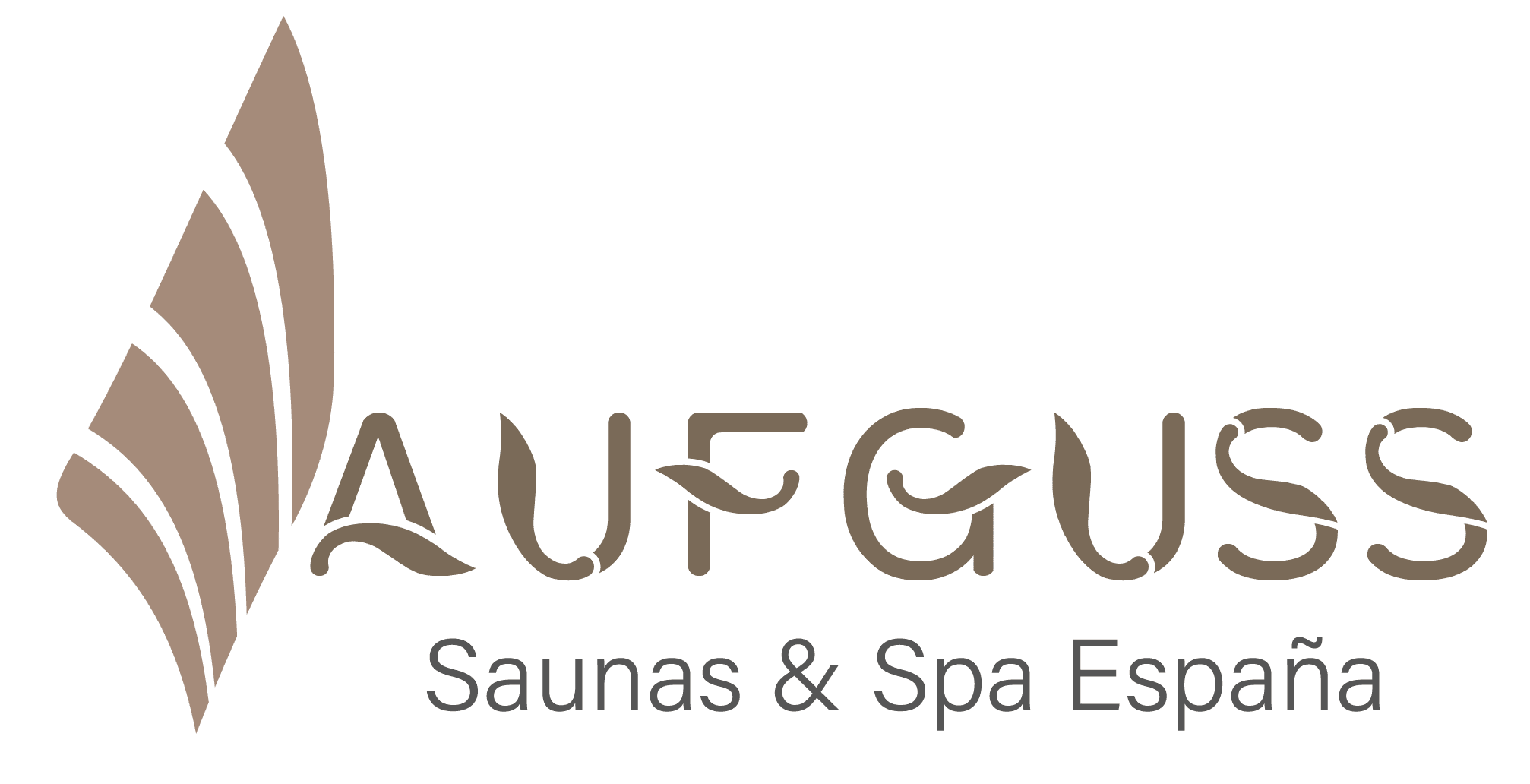Humans have adapted to Earth's gravity. Living healthily in space is therefore a challenge that researchers and astronauts are tackling step by step. Information from experiments on the International Space Station (ISS) is improving our understanding of the human body in this cosmic habitat. This is promoting the study of therapies, training, education and even medicines that promote optimal conditions for our health up there.
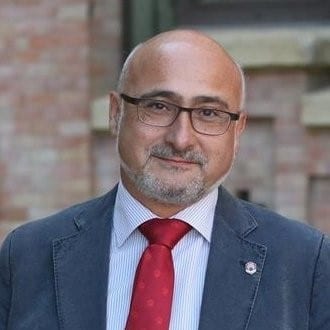
At the international summit SUTUS 23 (Space & Underwater Tourism Universal Summit)which will be held from 26th to 28th September at Les Roches Marbella.Professor Isaac Tunis (Düsseldorf, 1972), who received intensive training at Harvard and who, as Secretary General for Public Health and R&D&I in Health, is currently responsible for 5 institutes and 2 thematic centres that bring together more than 4,000 researchers, will explain the new concepts, paradigms and situations facing Aerospace Biomedicine.
The major health challenges for astronauts, scientists and space tourists outside our gravity are therefore currently focused on:
–Space telemedicineThe project will be carried out by the European Space Agency (ESA) and the European Space Agency (ESA), and will be implemented by the European Space Agency (ESA) and the European Space Agency (ESA).
–Regenerative medicine in space: Research is investigating how microgravity affects cell regeneration and tissue repair, which could lead to more effective regenerative therapies on Earth and counteract ageing.
–Study of cosmic radiation: Methods are being developed to measure and mitigate the effects of the large solar and cosmic radiation to which astronauts are exposed.
–Personalised spatial nutrition: Research is investigating how to personalise the diet of astronauts, and thus space tourists, based on genetic data and biomarkers, in order to optimise their health and performance in space without affecting the body.
–Advanced medical simulatorsDevelopment of simulators allowing professionals to practise medical techniques under realistic conditions in space.
-Space microbiome study: Research into how the microbiome of astronauts changes in space, with implications for understanding diseases and treatments.
Underwater and hyperbaric medicine
As deep-sea tourism becomes more common, biomedicine here faces another set of challenges and specific considerations to ensure the health and safety of underwater tourists. Here are some of the main challenges:
-Decompression sickness caused by rapid ascent to the surface after spending considerable time at great depths. They cause joint pain, body paralysis and neurological problems.
-The effects of water pressure on cardiovascular health.
-As in space medicine, mental health is also vital: one must be emotionally prepared to travel in submarines or small tourist boats that dive thousands of metres below the surface.
On the other hand, in Andalusia, work could soon begin on training processes for health care professionals in the field of conquering space on a commercial level.
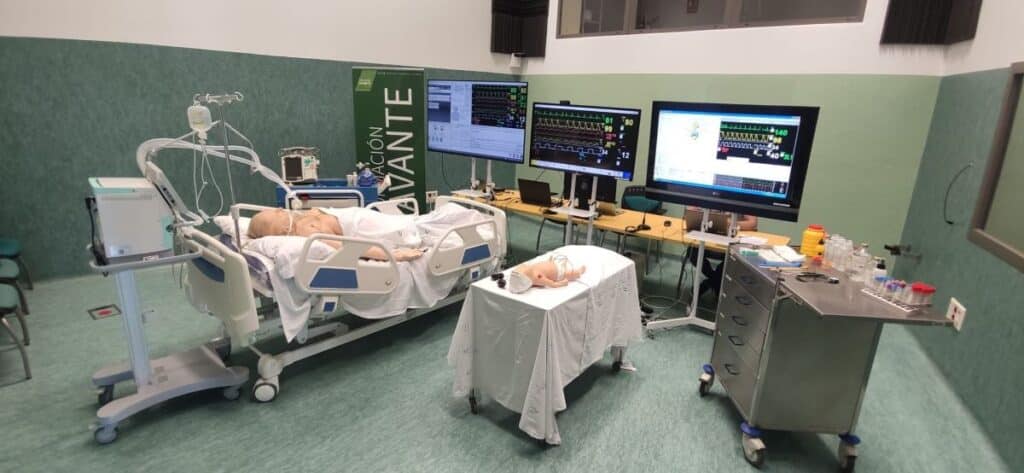
Demo Zone: Extreme ICU environment IAVANTE, the training and professional competence assessment line of the Andalusian Public Foundation for Progress and Health, part of the Ministry of Health and Consumer Affairs of the Andalusian Regional Government, will stage an ICU model at a stand to show the methodology to be used in extreme and complex situations of high uncertainty. In other words, how medical professionals would act in scenarios as stressful as a military conflict, the International Space Station or the Artemis missions.
The aim is to replicate a clinical environment in which drastic decisions have to be made in critical locations, whether inside the cockpit of an Airbus 320 or in a bathyscaphe of the size of the stricken Titan.


